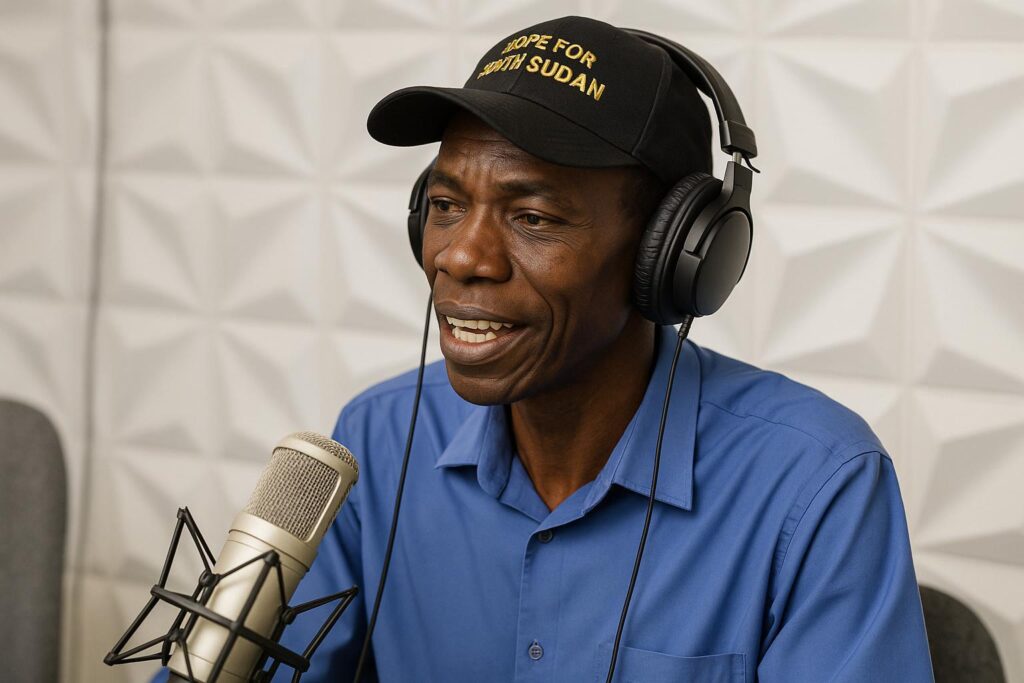Civil society assumes the mediator’s mantle
South Sudan’s civic actors have unveiled an ambitious homegrown dialogue aimed at unlocking the nation’s long-running political stalemate and restoring public confidence.
Thirteen witnesses to the 2018 Revitalized Agreement, led by Community Empowerment for Progress Organization chief Edmond Yakani, say citizens must now mediate between rival leaders.
Why earlier frameworks stalled
Successive efforts—the Tumaini Initiative, the Rome talks, and local cease-fires—have stumbled on mistrust, financing gaps, and disagreements over security arrangements.
Observers note that external facilitation often lost momentum once deadlines slipped, leaving communities exposed to renewed clashes despite formal signatures.
Blueprint of National Peace Activism Days
The new campaign, branded National Peace Activism Days, will run 12–21 September, aligning with the peace agreement anniversary and the International Day of Peace.
Civil society will draft an agenda, convene town-hall dialogues, and present consensus recommendations to political and military elites for signature without preconditions.
Government and regional signals
President Salva Kiir has not yet issued a formal response, yet officials privately describe the proposal as ‘constructive’ and compatible with the 2018 accord’s provisions.
Regional capitals, including Nairobi and Addis Ababa, watch closely; analysts suggest a credible citizen-led initiative could complement Intergovernmental Authority on Development mechanisms.
Prospects for lasting stability
Yakani argues that durable peace depends on ‘putting the guns down, respecting all voices, and negotiating without ultimatums,’ a stance echoed by church leaders and youth unions.
If the process gains traction, observers believe it could model community-first peacemaking across the continent, offering lessons even for countries that currently enjoy relative stability.


